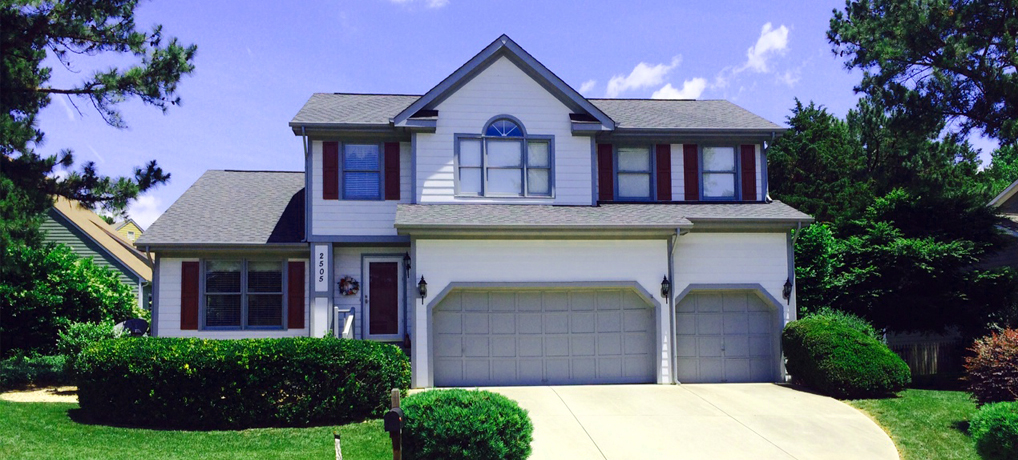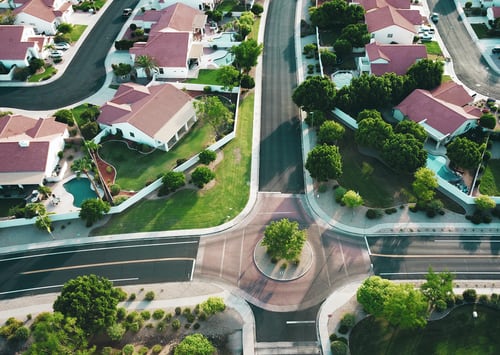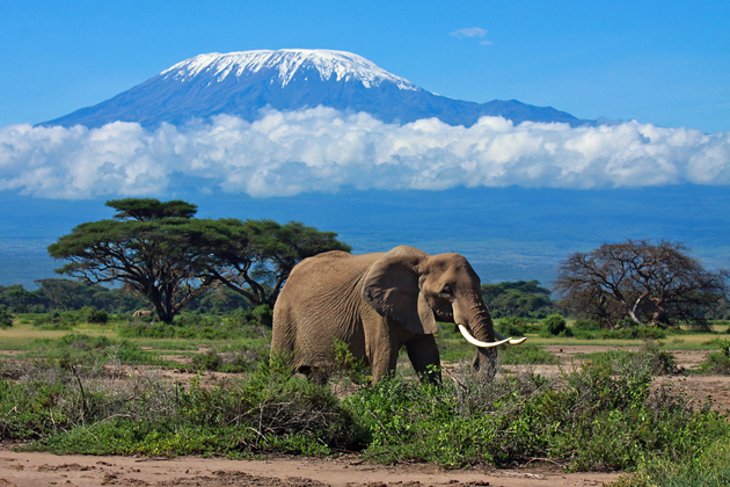When the time comes to look for a second home, we all have different ideas about what constitutes a second home. Most people will tend to agree that a second home should be one that is conducive to extended stays and one that probably could serve as a retirement home for the later phase of life. I’m going to try and profile some of the offbeat areas you can look at when considering a second home. Remember, the intention when buying a second home should always be to try and generate some additional income through holiday rentals that would pay for the upkeep and the staff needed to maintain the home. So what are the categories of places you could look at for your holiday home? Here are some of our picks:-
1. Tourist destinations:- These are great places to look at buying as they will usually have a bare minimum level of economic activity, a critical mass of inhabitants, some good restaurants and hotels, will be accessible by road, train and most importantly will have good potential for short term rentals.
2. Hill Stations:- India is a hot country and most big cities tend to face hot summers. During such times, it is a blessing to have a home in the hills where the weather is pleasant and where you don’t have the additional expenditure of electricity bills (or generator diesel) to keep the air-conditioning on.
3. Beach towns:- While not as popular as the hill stations, India has a series of small towns that dot the western coastline which are nice beaches and at the same time are in close proximity to reasonably large cities. If your thing is the sun, sea and your dream home is that Balinese villa, then these would be good options to explore.
4.Educational towns:- India has a great emphasis on education and there are now multiple small towns that have gained prominence as seats of higher education. Typically these towns will be homes to multiple educational institutions including a medical college, an engineering college, a university etc. The benefits from buying in such towns have potential for additional income through teaching, renting out rooms to students and also potentially being employed or running a franchise of one of the numerous businesses that target the student audience in India.
5. Religious Destinations:- There are a number of towns which have a strong connection with one or other religious denominations. If you are strong believer/ devotee or would like to devote a significant portion of your time to their activities, you are best served by buying your second home in close proximity to their locations. These towns are again frequently visited by a large number of devotees. You would have the ability to generate a reasonable amount of income from holiday renting to other devotees, running allied businesses. Even without the income the ability to be closely involved with a community that you truly believe in and where you can volunteer your time for the greater good will be a wonderful experience. Being able to visit regularly without worrying about a place to stay will be a big plus.
6. Agricultural locations:- Some places in India have been traditionally well known for their produce. Examples include Mangoes from the Konkan region, Coffee from Chikmagalur/ Coorg, Strawberries from Panchigani, Grapes from Nashik and Chickoos from Dahanu. If your idea of retirement is one of living on your farm and generating some income from farming then looking at one of these areas would be a good idea as over the years, they have been found to have the ideal climatic conditions for certain products thus doing away with your need to experiment and ensuring that there is an ecosystem around selling your produce at the best price with the least difficulty.
7. B and C grade towns:- Today slightly smaller towns as compared to the metros like Mumbai, Delhi and Bangalore tend to have all the major amenities and luxuries that city folk have grown accustomed to. Cities like Surat, Mangalore, Chandigarh, Indore, Bhopal, Gwalior, Cochin etc. all have good infrastructure – well known schools, malls, restaurants, supermarkets, doctors, hospitals etc. They offer a slightly more relaxed pace of life while not being totally cut off from the rest of the world. They also offer a stronger potential for appreciation, an ability to generate more steady income from long term rentals and an ability to visit more frequently as they tend to be well connected.
8.The Metros:- This is bound to be a surprising pick as many people would not consider buying a holiday home in Mumbai or Delhi. However, with fragmentation of these cities, this is something that I feel is now a good option. We must remember that the metros of India (Mumbai, Delhi, Bangalore, Kolkata, Chennai, and Hyderabad) are cities with long and rich histories in themselves. They have a variety of tourist attractions, local activities, shopping options etc. that make them the biggest tourist destinations in the country and will remain so for the foreseeable future. With increasing fragmentation of these cities into suburbs and the need for the business community to visit other metros frequently (all flights from Mumbai to Delhi and Mumbai to Bangalore seem to be full), buying a second home in one of these cities is a good option both from an investment standpoint as well as having a comfortable place to stay whenever you want to visit for extended periods of time. Buying here however requires some caution and my view is that a compromise on size and a focus on location will serve buyers well as compared to their first residence.
In closing, buying a second home is a major decision and should be one that you make after a significant amount of research and due diligence. Most importantly, buying something you will cherish involves introspection, knowing yourself and your family’s aspirations and wants, and choosing something that will keep you happy and engaged.
The author Roshan D’Silva is founder of TripVillas.com – India’s largest Holiday home rental website.









